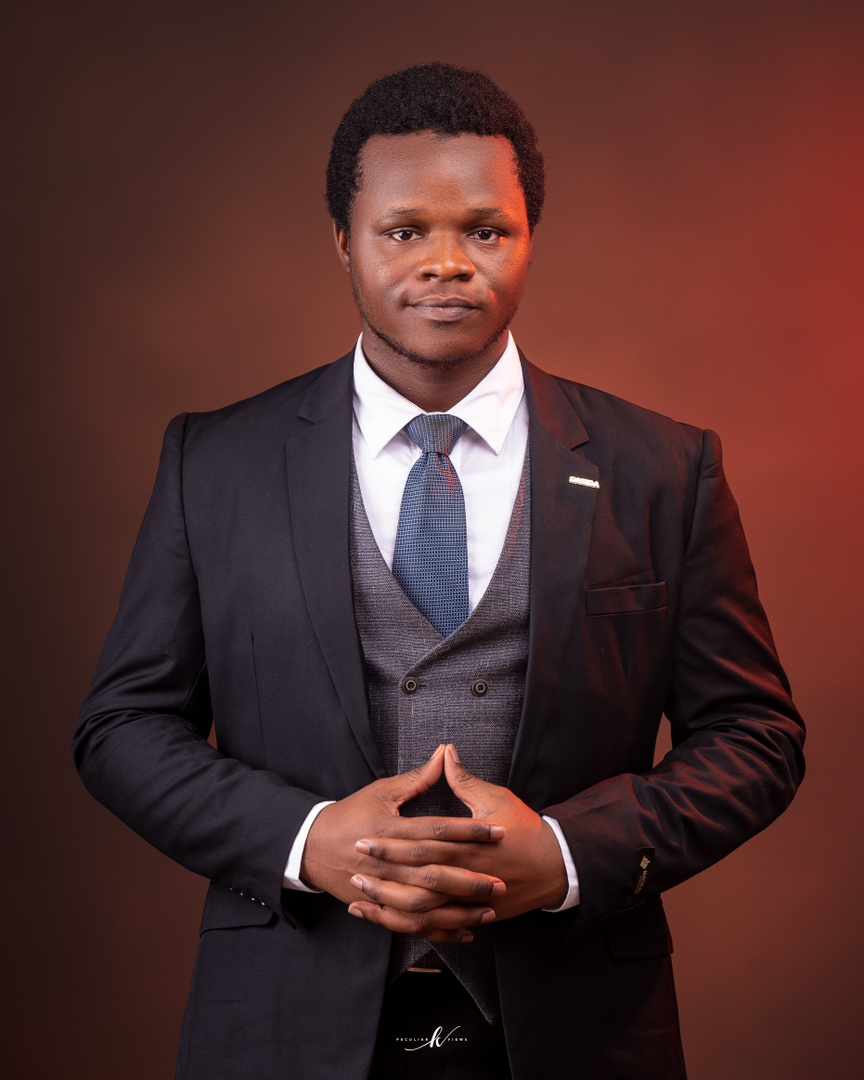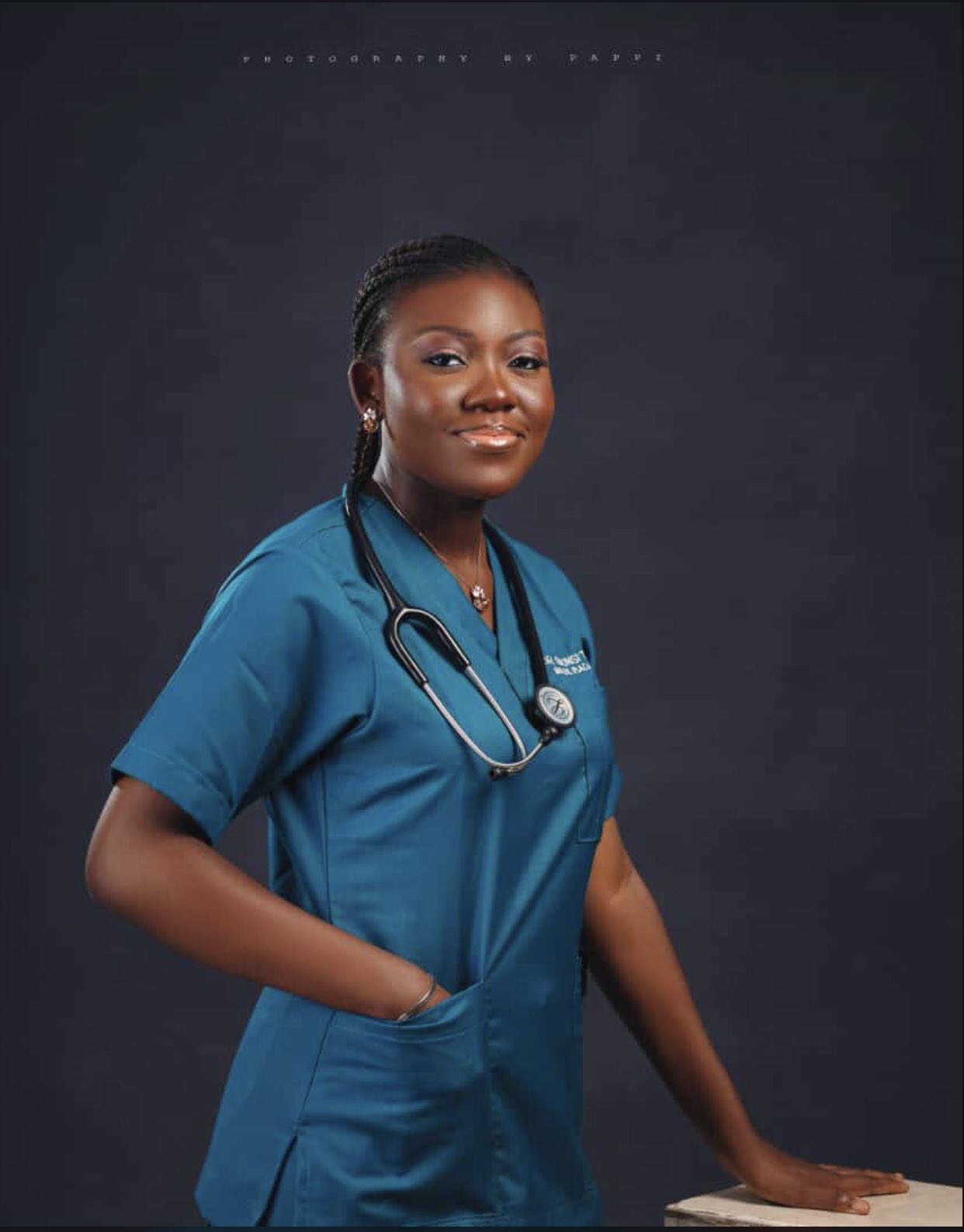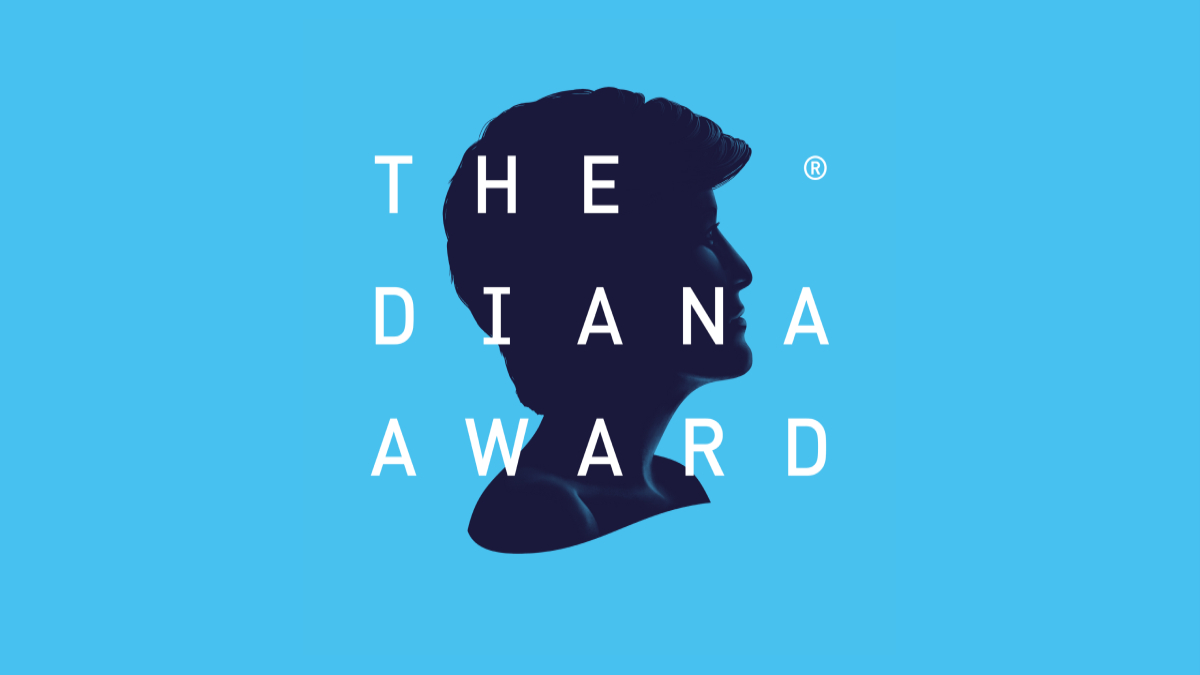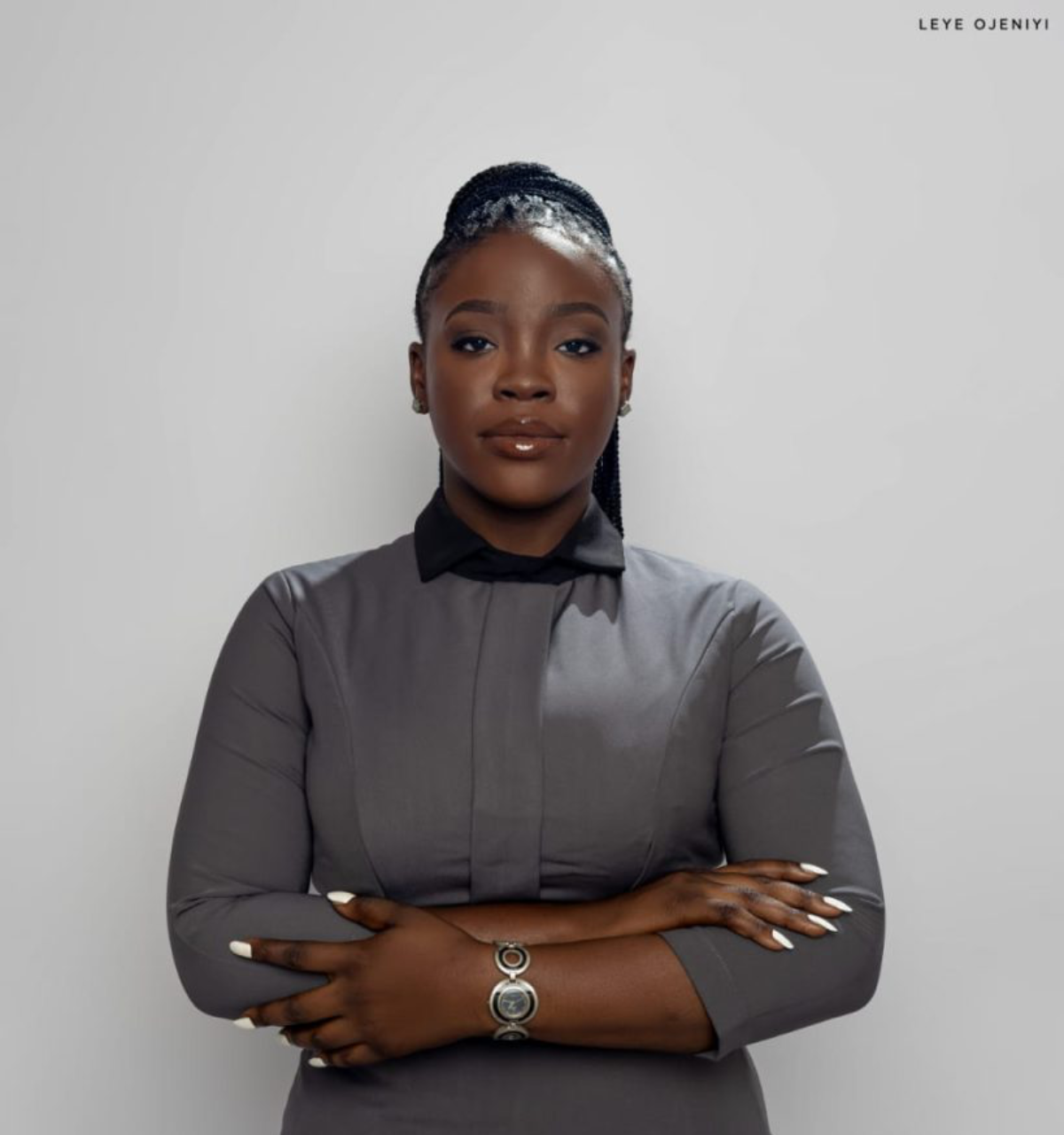FAMSA in UIMSA in 2023

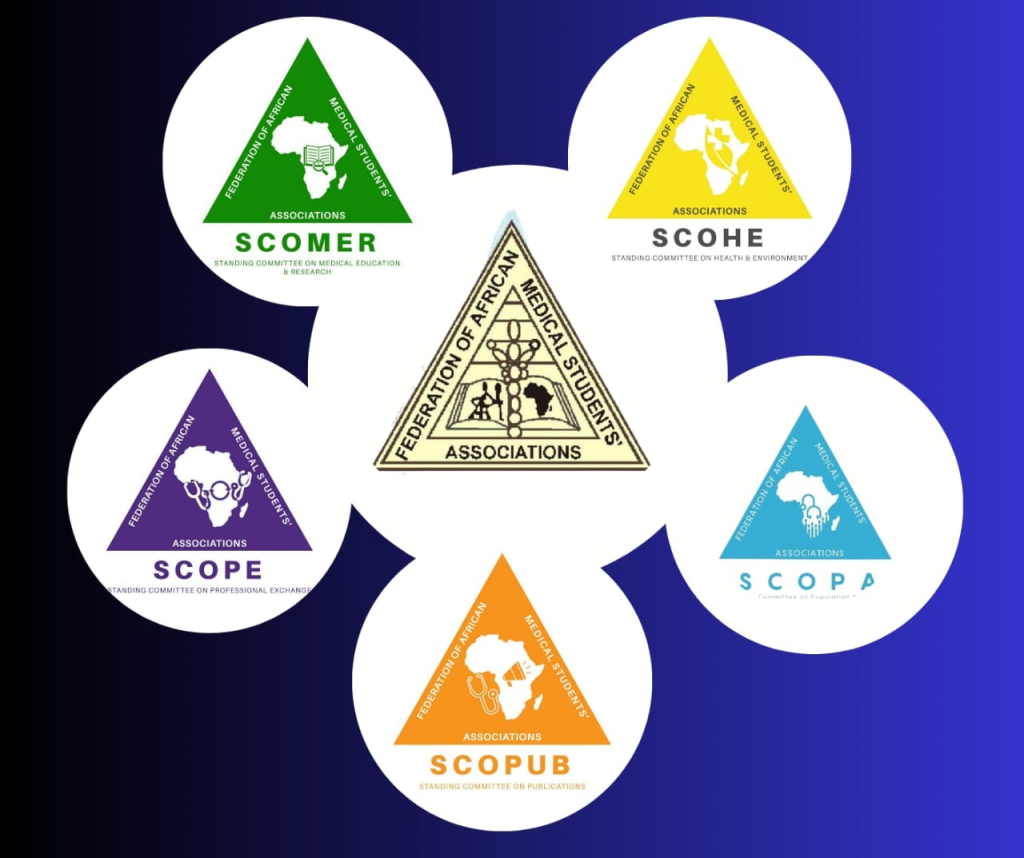
If you haven’t already heard the word FAMSA, it can either be one of two things: that you’re not yet a UIMSAite or that you’re roommates with Patrick from SpongeBob SquarePants.
The Federation of African Medical Students Association, FAMSA, is an independent, non-political federation of medical students associations in Africa, founded in 1968 as a Nigerian, Ghanaian and Ugandan initiative to foster the spirit of friendship and cooperation among African medical students. It is recognised by WHO and AU as the official international forum for African medical students. Currently, it has over 250 member associations and counting spread across the continent.
UIMSA has been a member MSA of FAMSA since its inception. In fact, the permanent headquarters of FAMSA is the University College Hospital, Ibadan, with the caretaker association being UIMSA. Therefore, as medical students in UIMSA, in Nigeria, in West Africa and in Africa, all of us, ab initio, are automatic members of this association.
In FAMSA’s current tenure, there are three UIMSAites who are members of the FAMSA executive council. The UIMSA Press correspondent, Osaretin Vanessa Ehiorobo, spoke with these persons to know more about FAMSA through their journeys so far.

Good day. It’s nice to have you here for this interview session. Can you introduce yourself, please?
I am Victor Femi-Lawal, a third-year medical student at the University of Ibadan. I currently serve as the Assistant General Secretary of the Federation of African Medical Students’ Associations (FAMSA).
What convinced you to join FAMSA? Do you remember the first time you got to know about FAMSA?
Firstly, I think I would like to correct something. Medical students, technically, cannot “join” FAMSA. It’s medical student associations (such as UIMSA) that join FAMSA. Any medical student whose medical student association is a member of FAMSA can become active in FAMSA.
The first time I heard about FAMSA was in 2019, at a brief discussion we had with the then-SDO (Preclinicals), Mr Henry Ezeh. He talked briefly about the 2018 GA, and I think it all sounded quite interesting to me at the time. But I didn’t give it much thought after that meeting.
Fast forward to 2021, and I joined the local chapter of FAMSA-SCOMER (the only active local chapter in UIMSA that year).
Can you tell us briefly about your FAMSA journey?
My FAMSA journey essentially started in 2021, when I joined FAMSA-SCOMER. When 2022 came, I decided that I wanted to do more and I applied for the position of Local Officer of FAMSA-SCOPUB (Standing Committee on Publications). Thankfully, I was selected. During the tenure, I and my team were able to carry out a number of projects: the About FAMSA Series, Journey into Publishing, COHERENCE, among others. When I was named the best Local Officer for the tenure, I was quite elated because I’d pushed myself – and my team – to achieve a lot. Because I didn’t have a predecessor for the Local Officer role at FAMSA-SCOPUB, we created several structures from the ground up.
As the tenure ended, the former Chairperson, Mr Joshua Aluga, encouraged me to apply for Chair of FAMSA-SCOPUB at the 2022 General Assembly, but at the end of the day, I didn’t contest due to a technicality. A few weeks after the 2022 General Assembly, I was reached out to by the VP-elect to see if I was interested in the role of AGS. After some consideration, I agreed to come on board.
Why should anyone want to be an active member of FAMSA?
FAMSA is a large organization, and I think it has a place for medical students with a wide variety of interests. There is a place for engaging in research, media and publicity, advocacy, policy, and more. I think that we African medical students need things like these to be competitive and well-rounded, and they are not traditionally offered in our medical programmes.
Last year, there was a policy writing SWG that FAMSA organized that exposed medical students to policy writing. When I participated, I would say that my knowledge of policy writing was improved. That same year, I remember that the HQ Admin and President represented FAMSA at the seventy-second session of the WHO Regional Committee in Lome, Togo, and they presented policy briefs. Very few organizations provide students with a platform to engage stakeholders at such a level. So, FAMSA is one platform that exposes medical students to these opportunities.
And, of course, there are opportunities to build leadership skills within FAMSA. Positions like Local Officer, Regional Coordinators, Vice President, et cetera, do confer quite some responsibility, and allow one to develop leadership capacity. Finally, I would add that a lot is done in collaboration with other medical students in FAMSA, so you get to see the perspectives of other medical students across Africa. I could certainly say a lot more, but I believe what I have described so far captures the broad overview.
How would you say FAMSA is faring in UIMSA and compared to other MSAs or other medical associations such as IFMSA (The International Federation of Medical Students Associations) and NIMSA (National Nigerian Medical Students’ Association)?
That’s a bit subjective, but I’d say it’s doing pretty well. FAMSA has five standing committees, and four – SCOMER, SCOPUB, SCOPA and SCOPE – have local officers and are very active. Also, we have UIMSAites on the Executive Council (three this year) and Central Committees, so I’d say UIMSA is well represented.
Of course, it could be better – some schools have all 5 active local officers. But, so far, it’s quite okay.
What are the challenges FAMSA is facing when it comes to UIMSA?
One of them is the common inactivity of some of the members of local chapters. Sometimes, people join committees and just stay dormant, and I think that’s not so good. However, having served and led multiple teams within and outside UIMSA, I know this is a common occurrence. Hopefully, new LOs will find ways to deal with this.
I also think that UIMSA could do better when it comes to encouraging UIMSAites to participate in FAMSA activities (same for NiMSA and IFMSA). UIMSA’s social media channels and WhatsApp BCs have typically been limited to publicizing only activities or events related to its own year plan. Considering that UIMSA pays annual dues as a FAMSA member, I think it would be helpful to encourage its members to participate in FAMSA activities more, by helping to publicize FAMSA’s activities on official channels. I’m aware that UIMSA is doing quite well in many other regards, so I do give the association its due.
What changes or improvements would you like to see concerning FAMSA in UIMSA?
For one, I would like to see all standing committees represented by local officers and/or central committee members.
I would also like to see more publicity of FAMSA by the association. Certain MSAs usually publicize the names and pictures of people who take up leadership roles in organizations like FAMSA and NiMSA, and I think that UIMSA could do something like that to encourage others to aspire and apply to such positions. We’ve seen what UIMSAites have achieved in the past within FAMSA – the 2018 General Assembly which was held in Ibadan, for example – and I think that culture should be continued and improved upon.
As AGS, what would you say is the sweetest and toughest part of your role so far?
It’s been quite a fun ride, I’d say. I’d say the best part is that I get to contribute to FAMSA at the executive council level, represent FAMSA in my association, and be at the forefront of youth contributions to African health issues. It’s also been quite the exposure getting to interact with medical students from different countries – Kenya, The Gambia, Uganda, et cetera – and FAMSA alumni who’ve gone on to make significant achievements in their respective fields and specialties.
The “toughest” part, I guess, is the constant barrage of meetings (no rest for the wicked, lol). And as AGS, I have to keep up with all of that. Thankfully, there are systems to help with it all, and Patience, the current Gen Sec, is a pleasure to work with. So, it’s been quite smooth so far.
Say a UIMSAite is eager to join FAMSA right now, how can they get started?
They should reach out to any of the local officers and join the existing local committees first, to get a handle on how things work.
The calls for Technical Working Groups, the West Africa Regional Council, and for Standing Committee central committee members are currently closed, otherwise, that’d also be another avenue to get involved. UIMSAites also have the unique opportunity of joining the Headquarters Board, though that’s only open to non-final-year clinical students.
Besides these appointments, there are multiple opportunities that appear from time to time within FAMSA. So, I’d just say, try to be active in whatever committee you’re in, and subscribe to FAMSA’s mailing list from the website (famsanet.org) so you can get updates.
If you’re completely new to FAMSA, I’d recommend the About FAMSA Series on FAMSA SCOPUB’s Instagram page as a concise intro to FAMSA’s structure and organization.

It’s nice to have you here for this interview session. Can you introduce yourself, please?
I’m Abdulhammed Babatunde, a 500-level medical student at the University of Ibadan, Nigeria and currently the Vice President of FAMSA.
What convinced you to become an active member of FAMSA? Do you remember the first time you got to know about FAMSA?
I am someone who is passionate about the health and well-being of Africans. Let me say I am a Pro-Pan African. I realized FAMSA gives me the opportunity to work with other Africans to transform the healthcare system as students and also sustain the network beyond medical school. I saw some problems in the federation which I wanted to solve. I am happy I have been able to solve some of them while I was in my previous positions and I hope to do more.
The first time was in 2018 when my MSA hosted the general assembly and scientific conference. I was a fresh medical student then. I didn’t get to know much about FAMSA until 2020 when I joined the FAMSA HQ Board and also became SCOMER Local officer.
Can you tell us briefly about your FAMSA journey?
I started as a member of the FAMSA HQ Board in 2020. At the same time, I was appointed the Local officer for SCOMER because of my interest in research. So I served as SCOMER LO for two years and also two years in the HQ. Then I ran for SCOMER Chairperson in 2021 which necessitated my resignation from the HQ board. Then I was elected as VP at the last General Assembly.
What have you benefited or gained from your volunteering experience with FAMSA up till this point?
I will say many things, especially soft skills.
Firstly, I have become more professional. I’m learning to do things the right way, the professional way. I’m learning about the diversity in Africa. My leadership skills such as effective communication, emotional intelligence, task allocation etc have really improved. Also learnt more about partnership, project management, and report writing. Basically administrative work. I have also widened my network and can boost my influence in more than half of African countries during my tenure as SCOMER Chairperson. All these have put me on a global map and I look forward to where all these skills and experiences will take me to.
How would you say FAMSA is faring in UIMSA compared to other MSAs or other medical associations such as IFMSA and NIMSA?
In UIMSA, I think FAMSA is not doing badly. Although only three or four standing committees have been active consistently in UIMSA despite having the HQ.
I can’t say much about IFMSA and NIMSA but I think UIMSA can do better considering our capacity and being the largest and oldest in the country.
What are the sweetest and toughest parts of being VP?
I am just 3 or 4 months in the office. The toughest thing will be the fact that I have to set the ball rolling to achieve the new standards I set at the beginning of the tenure in my action plans while also preparing for an MB exam. The sweetest thing is that I have the opportunity to influence and contribute to the work of all other executives.
Finally, what do you have to say that can convince UIMSAites reading this article to become active members of FAMSA?
This is tough. I guess people are scared of taking leadership roles. Dear UIMSAites, serving as an officer or executive in FAMSA is not out of this world. It is something that is easily achieved and it will prepare you for bigger opportunities internationally.
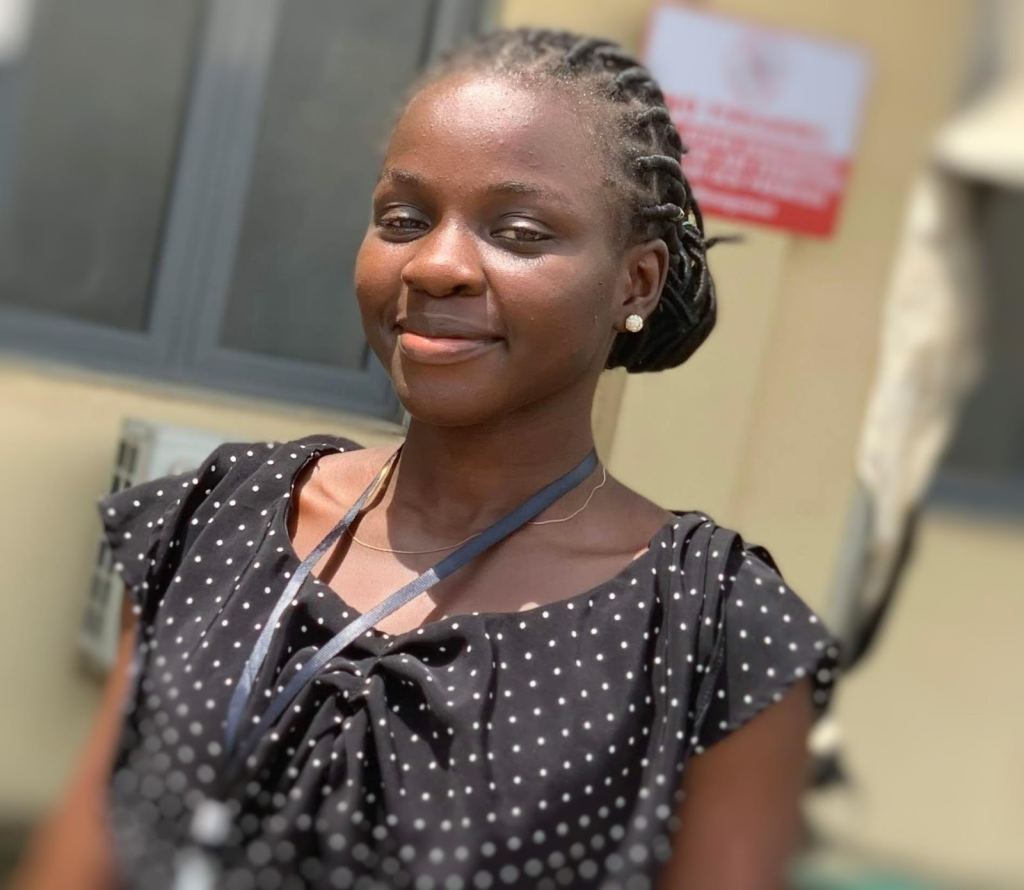
It’s nice to have you here for this interview session. Please can you introduce yourself?
My name is Deborah Ogundijo. I am a 500-level student studying Medicine and Surgery at the University of Ibadan, Nigeria. I serve as the Administrator of the FAMSA Headquarters.
What convinced you to become an active member of FAMSA? Do you remember the first time you got to know about FAMSA?
I can’t remember when I got to know but I became actively involved with FAMSA in the year 2020, the Pandemic year. I was convinced to join FAMSA because I realize there are a lot of opportunities in it. I was also motivated by the social impact being created by medical students within the Federation.
Can you tell us about your FAMSA journey?
In 2020, I joined SCOPA central committee as a monitoring and evaluation officer. In 2021, I joined a number of committees including SCOHE, in which I was part of the local committee in my MSA. We were able to plan and execute outreaches, and webinars among other things. I was also part of SCOPUB and SCOMER at some point in time. However, I joined the FAMSA Headquarters Board in the year 2021 as a board member after which I later became the Director of Media Externa. I was appointed as the Administrator of FAMSA Headquarters in October 2022.
What have you benefited or gained from your volunteering experience with FAMSA up till this point?
I have benefitted a lot from my volunteering experience in the Federation. I gained a lot of beneficial experiences and skills both hard and soft. FAMSA serves as a platform to network with medical students all over Africa and even outside Africa. Through FAMSA, I was able to carry out some activities which ordinarily I won’t be able to do if I’m not part of FAMSA. I formulated policies which were presented at the 72nd session of the WHO Regional Committee among other things.
How would you say FAMSA is faring in UIMSA compared to other MSAs or other medical associations such as IFMSA and NIMSA?
FAMSA is faring very well in UIMSA. UIMSA being the caretaker association for the FAMSA Headquarters itself says a lot. I can say that UIMSA is one of the most active MSA in FAMSA.
Finally, what do you have to say that can convince UIMSAites reading this article to become active members of FAMSA?
As medical students, we are in the best position to know the lapses in our healthcare systems and also propose and implement solutions to rectify these lapses. FAMSA is a great platform to grant you the leverage to make these achievements possible. Participating actively in FAMSA will also afford you the opportunity to network with like-minded medical students all over Africa.
Osaretin Ehiorobo
